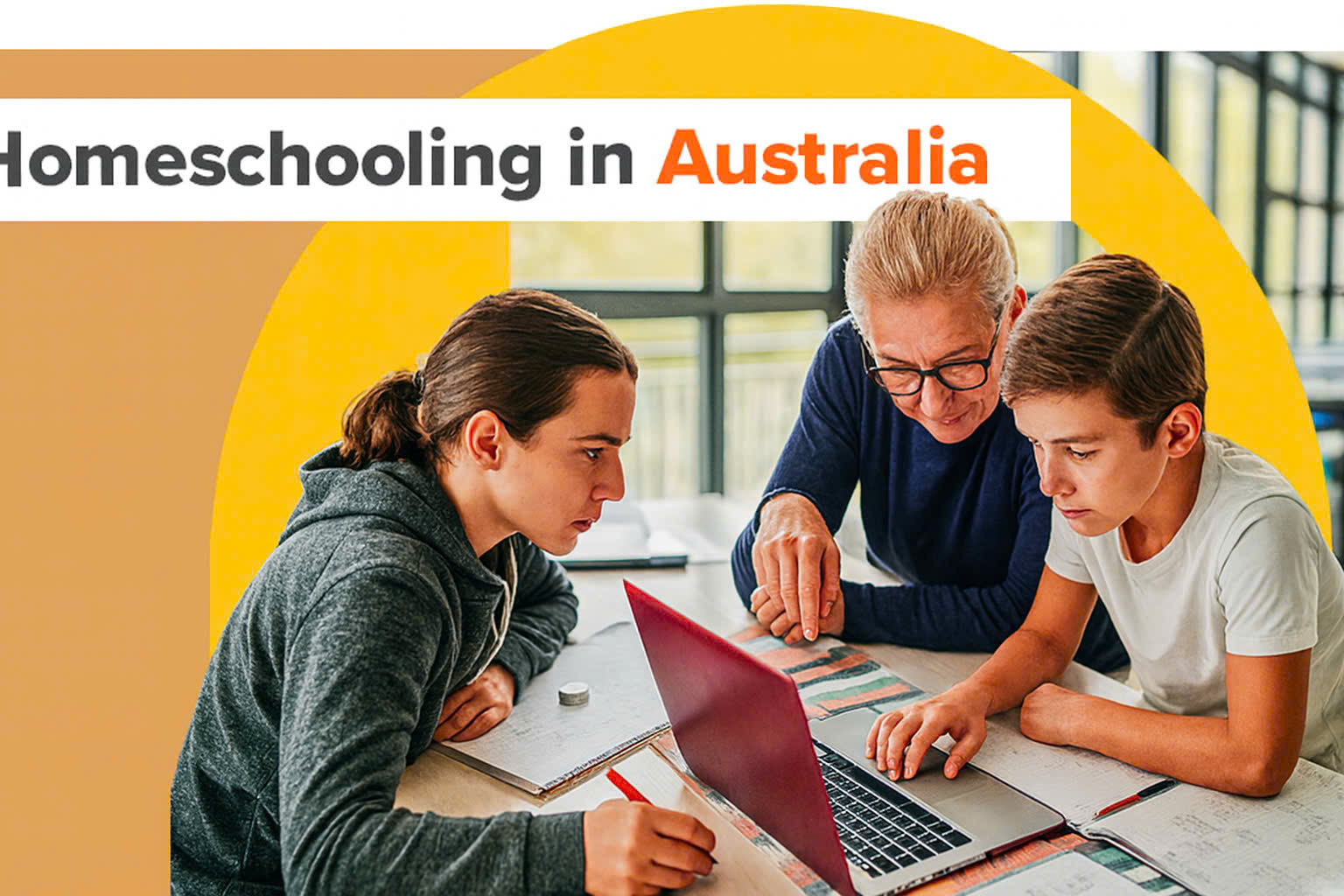
Why Parents Are Playing a Bigger Role in Their Children’s Education
Not so long ago, most parents would choose a school for their child, wave them off at the school gate, and leave the teaching to the teachers. But over the past decade — and especially since COVID — parents have been stepping more directly into their children’s education.
This shift isn’t just a trend. It’s changing how we think about learning, and for many children, it’s leading to better support, more tailored opportunities, and a stronger foundation for the future.
The COVID effect
School closures and remote learning during the pandemic gave parents a front-row seat to their child’s education. They could see:
- What their children were learning
- Where they were thriving
- Where they were struggling
- And sometimes, the little avoidance strategies they’d developed along the way
In some cases, parents found themselves directly teaching lessons or supporting daily assignments. This experience gave them fresh appreciation for the work teachers do, but it also made them more aware of their child’s unique needs.
The result? More parents asking for specific interventions, extra support, and alternative ways of learning.
The rise started before COVID
Even before lockdowns, teachers noticed a steady increase in parental involvement. A few big factors were driving it:
- Better awareness of special learning needs
- Greater focus on young people’s mental health
- Anxiety about the future job market
We now know today’s children will likely have careers that don’t even exist yet — and will need to adapt quickly to change. This uncertainty has led many parents to take a more hands-on approach, wanting to prepare their children for whatever comes next.
A positive shift in priorities
At Cluey, we speak to parents every day who want more than the one-size-fits-all education they grew up with. They want their children:
- To build stronger foundations than they had
- To have more options for the future
- To be supported in ways that match their learning style
- To enjoy the process of learning, not just the outcomes
It’s not about competing with other children — it’s about equipping their own child to thrive.
What the research says
Decades of studies confirm it: when parents are actively engaged in their child’s learning, students do better.
The strongest predictor of academic success is a home environment that encourages and values learning. When families and educators work together, children are more likely to:
- Retain what they learn
- Participate confidently in class
- Keep learning beyond the classroom
The modern “involved parent”
Forget the outdated “tiger parent” stereotype. Today’s involved parents aren’t focused on pushing their child to be better than everyone else. Instead, they want to help their child:
- Develop the skills to keep learning over a lifetime
- Understand how to learn (metacognition)
- Build adaptability for an unpredictable future
They know the best preparation for a changing world is the ability to learn, unlearn, and relearn — with curiosity and confidence.
Where tutoring fits in
We see first-hand how parental insight leads to action. Often, it’s parents who notice their child needs:
- A confidence boost
- Help filling skill gaps
- Greater academic challenge
- Or simply a more engaging learning experience
When learning feels positive and rewarding — as it can in a personalised tutoring session — students not only remember more, they also start to enjoy learning for its own sake. That joy carries forward, making them more likely to seek out new opportunities and tackle challenges head-on.
A shared goal
Ultimately, modern parental involvement isn’t about taking over a teacher’s role. It’s about building a partnership — parents, teachers, and tutors working together to give each child the skills, confidence, and adaptability to thrive in an uncertain but exciting future.



